
Is it illegal to secretly view a spouse’s Google Photos when their Google account is signed in?
January 13, 2025
Affair Exposed—Is It Defamation?
June 25, 2025Submitting Court Judgments to Another Court — A Crime?
The Supreme Court ruled that the act of submitting a court judgment to another court does not constitute a violation of the Personal Information Protection Act, as held in its decision on March 13, 2025. It set aside the lower court’s judgment and remanded the case to the appellate court for reconsideration. This decision reaffirms the established precedent that courts performing judicial functions are excluded from the definition of a “personal information controller.” This article seeks to examine the rationale underlying the Supreme Court’s decision.
The factual background of the case is as follows. In July 2020, an individual submitted a request to the court to view, copy, and print records from his own criminal case. As a result, he obtained a copy of the judgment that included the name, date of birth, and criminal history of a co-defendant.
Two years later, in a separate civil lawsuit against the same co-defendant, the individual submitted a petition to the court and attached the previously obtained judgment. He was subsequently prosecuted on the charge of using personal information for a purpose other than that for which it was originally provided. The individual was sentenced to a fine of 700,000 KRW at both the trial and appellate levels.
However, the Supreme Court did not concur with the lower courts’ findings. The principal legal issue in this case was whether the court fell within the definition of a “personal information controller” under the Personal Information Protection Act. The Act provides that a recipient of personal information from a personal information controller shall neither use such information for purposes beyond those for which it was originally provided, nor disclose it to any third party.
The Supreme Court held that a trial court handling judicial proceedings in individual cases is not to be regarded as a “personal information controller” under the Act. This conclusion reflects the Court’s interpretation of the statute and its recognition of the functional distinction between judicial and administrative activities.
While courts may inevitably process personal information during the course of litigation, such processing is incidental to the exercise of judicial authority and does not amount to the management of a structured personal information file.
The Court further noted that granting a defendant access to court records pursuant to Article 35(1) of the Criminal Procedure Act serves the purpose of ensuring a fair trial and does not constitute the provision of personal information within the meaning of the Act.
Related posts
Blog Articles
Contact Information
201, 160, Seochojungang-ro, Seocho-gu, Seoul, Republic of korea.
Phone: +82-2-535-1235
Mobile: 010 5349 1235
Fax: +82-2-536-1236
Email: [email protected]







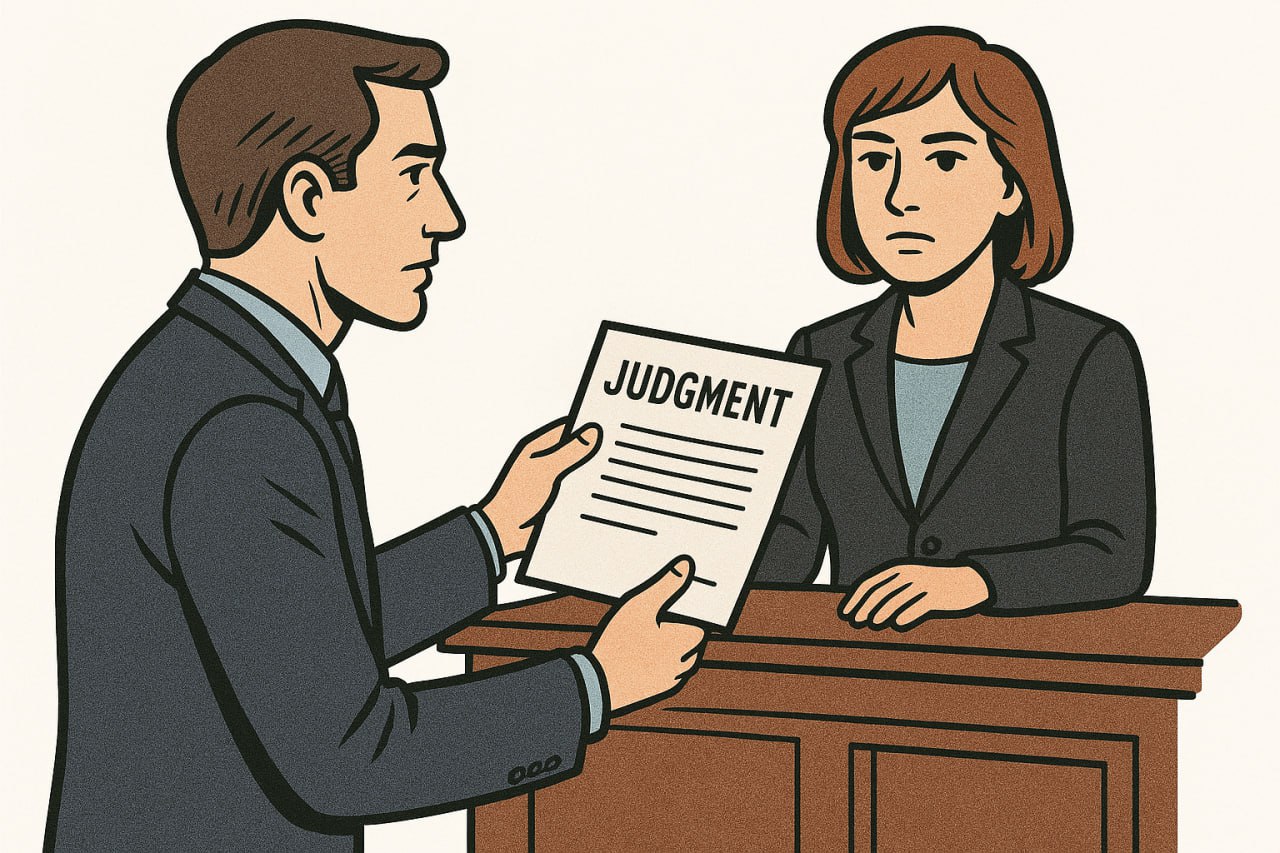




















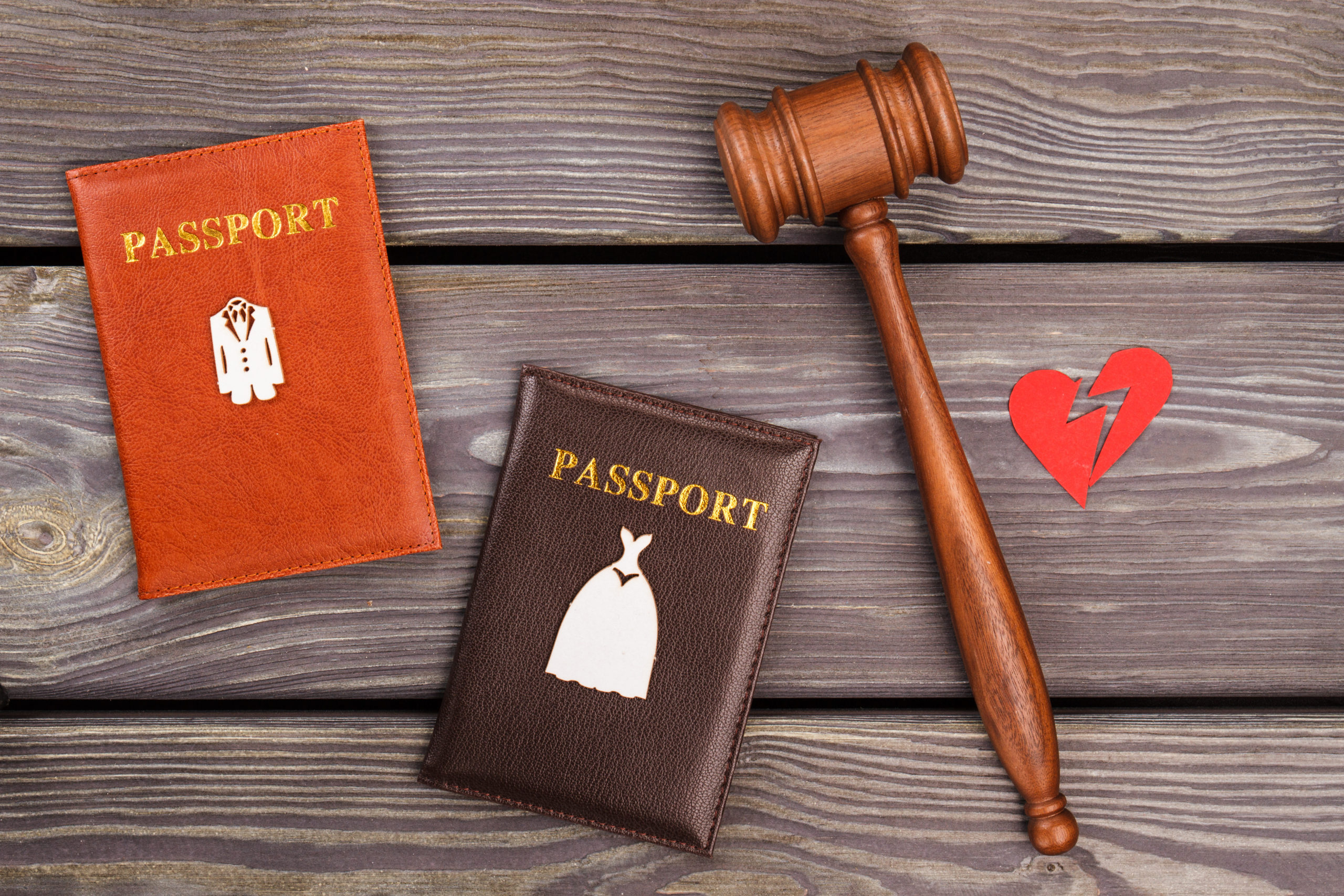
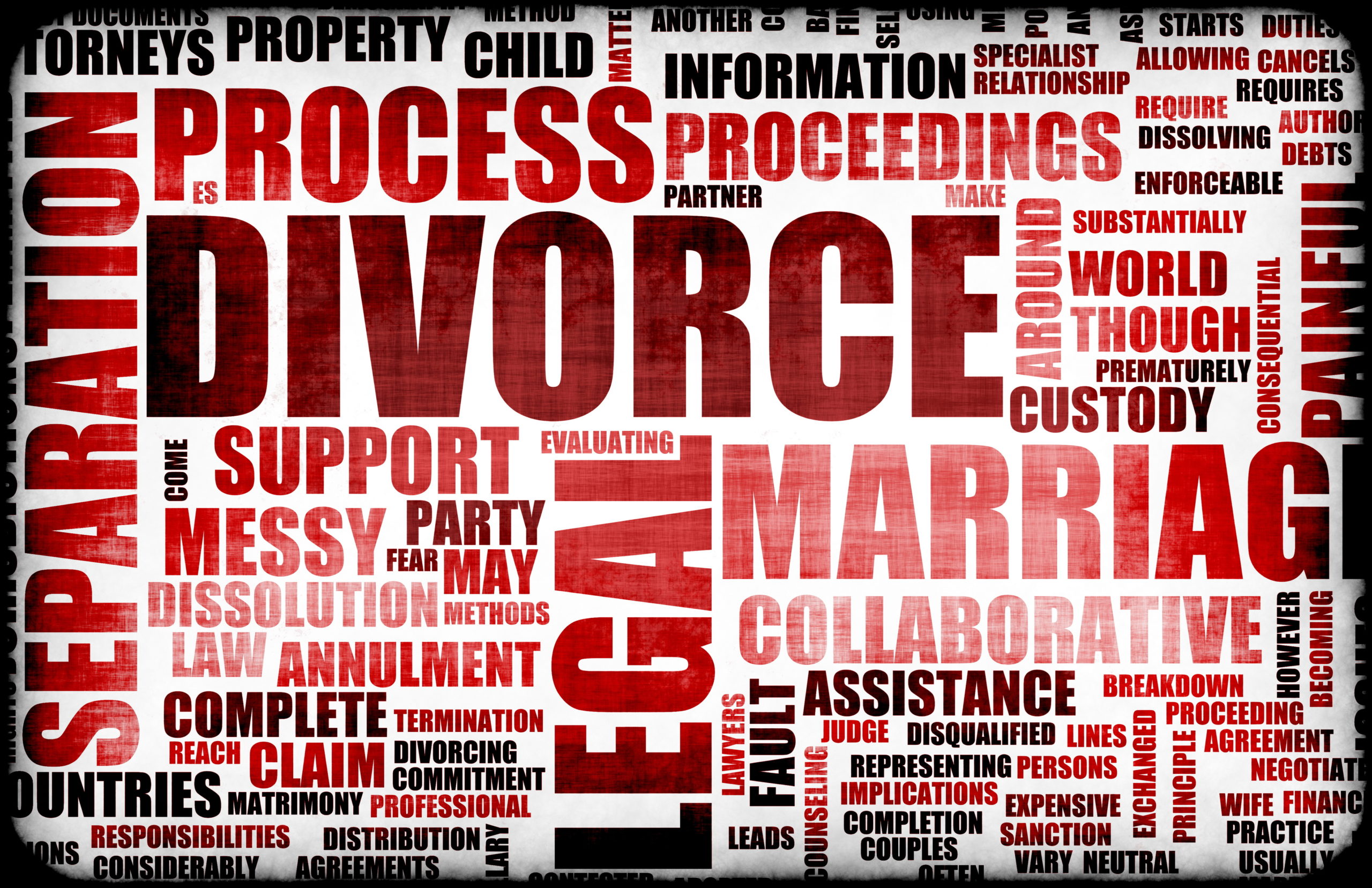


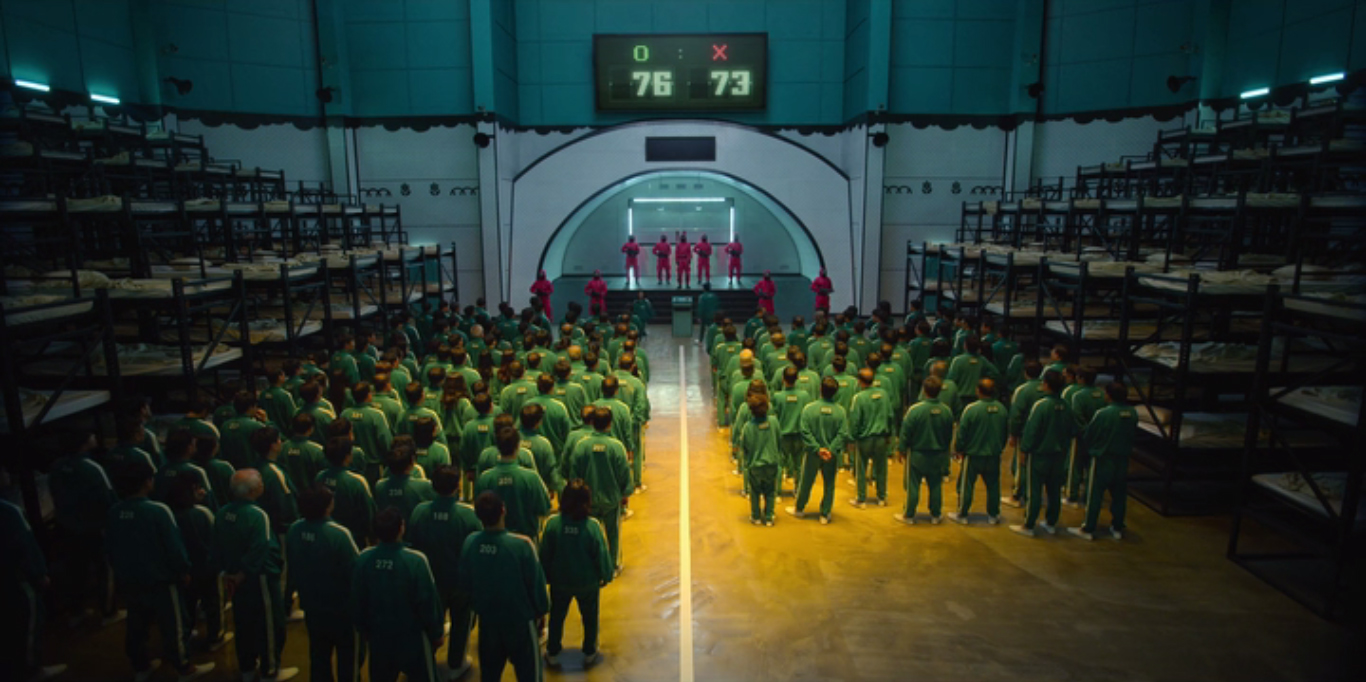

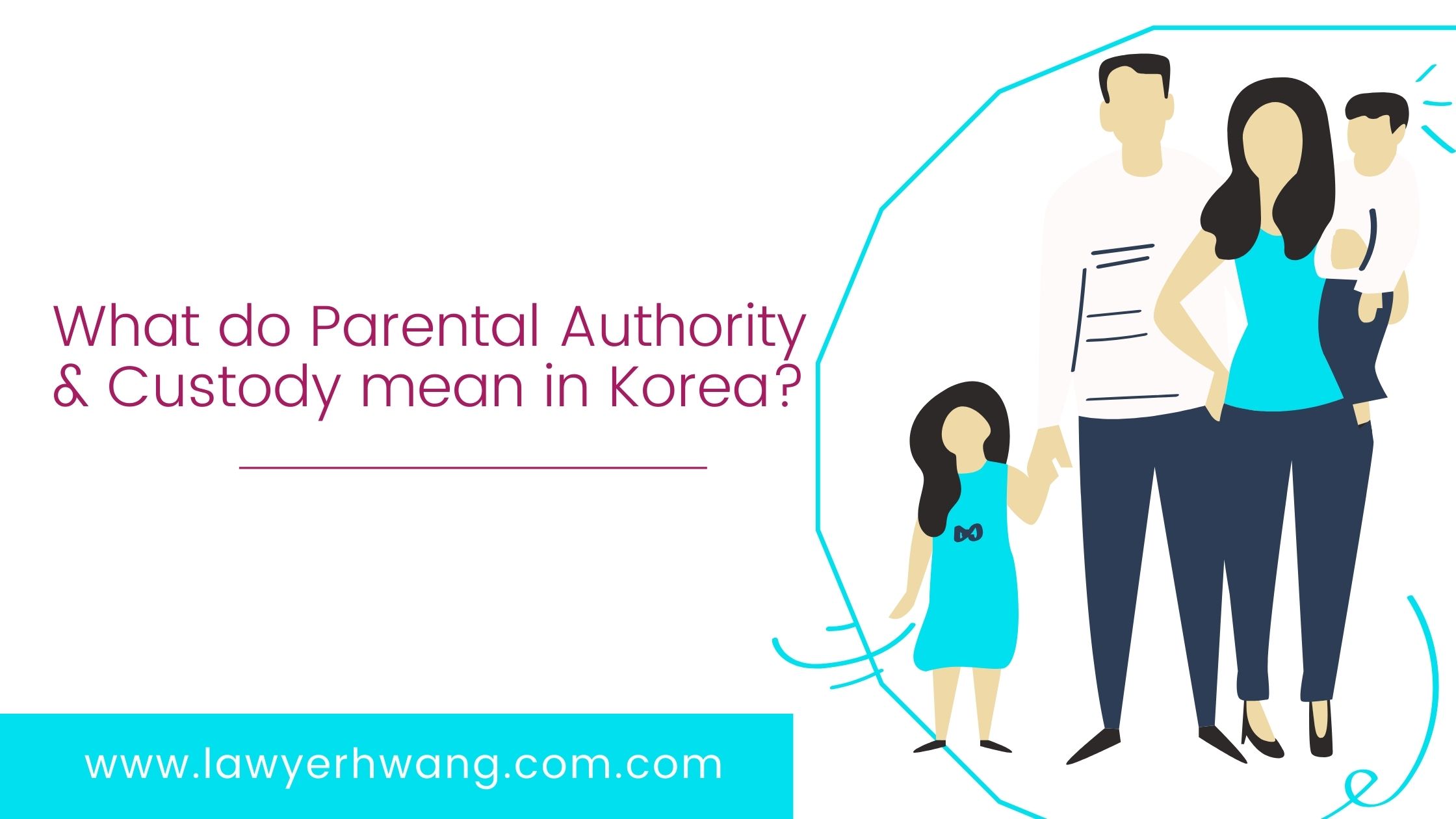



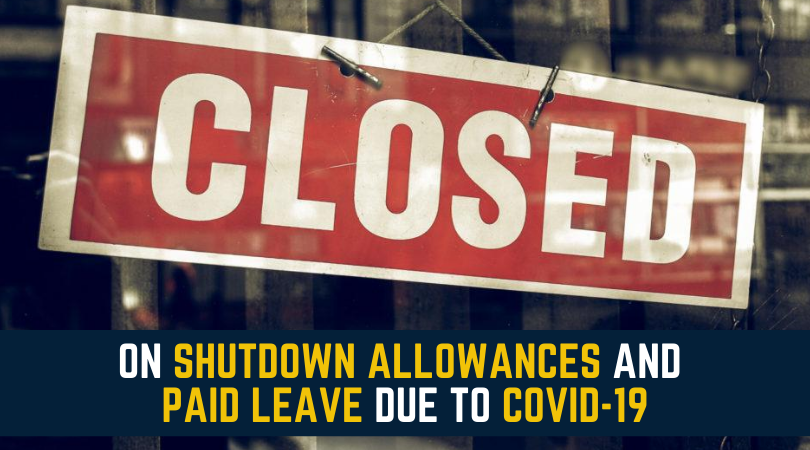
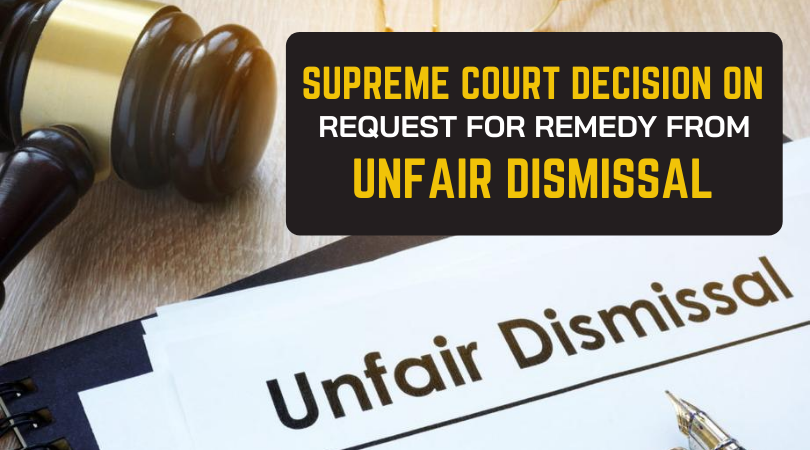
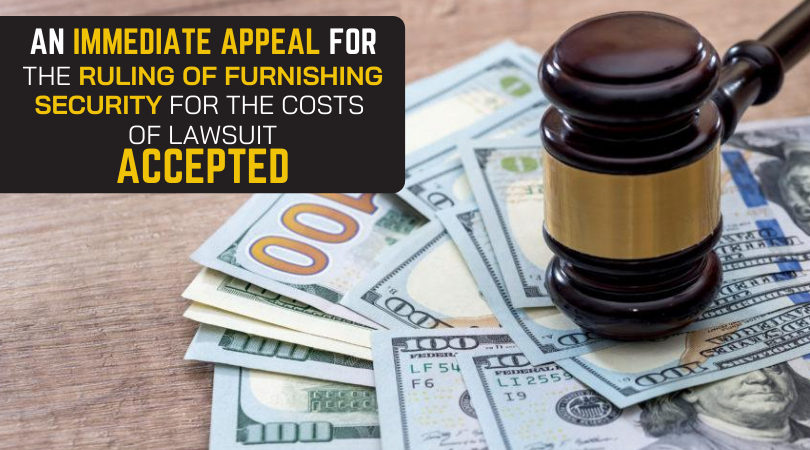

![[Supreme Court Decision – Criminal Law] – On Intent of Defamation](https://lawyerhwang.com/wp-content/uploads/2020/03/Supreme-Court-Decision-–-Criminal-Law-–-On-Intent-of-Defamation.png)
![[Supreme Court Decision – Criminal Law] – On Uploading a “Torrent File” of Obscene Videos](https://lawyerhwang.com/wp-content/uploads/2020/03/Supreme-Court-Decision-–-Criminal-Law-On-Uploading-a-“Torrent-File”-of-Obscene-Videos.png)






























